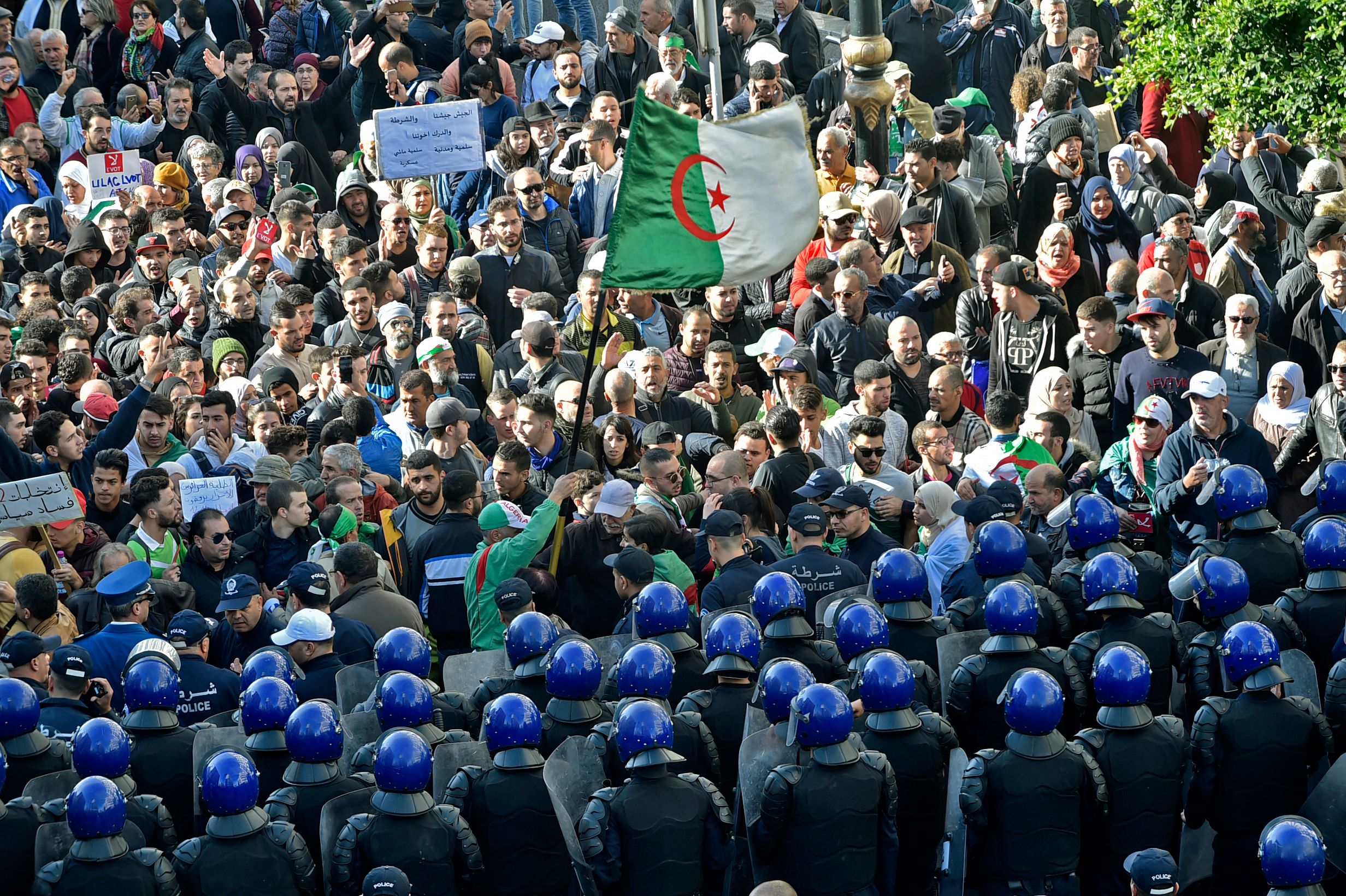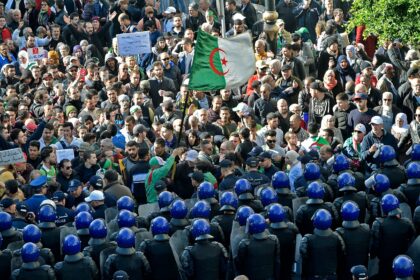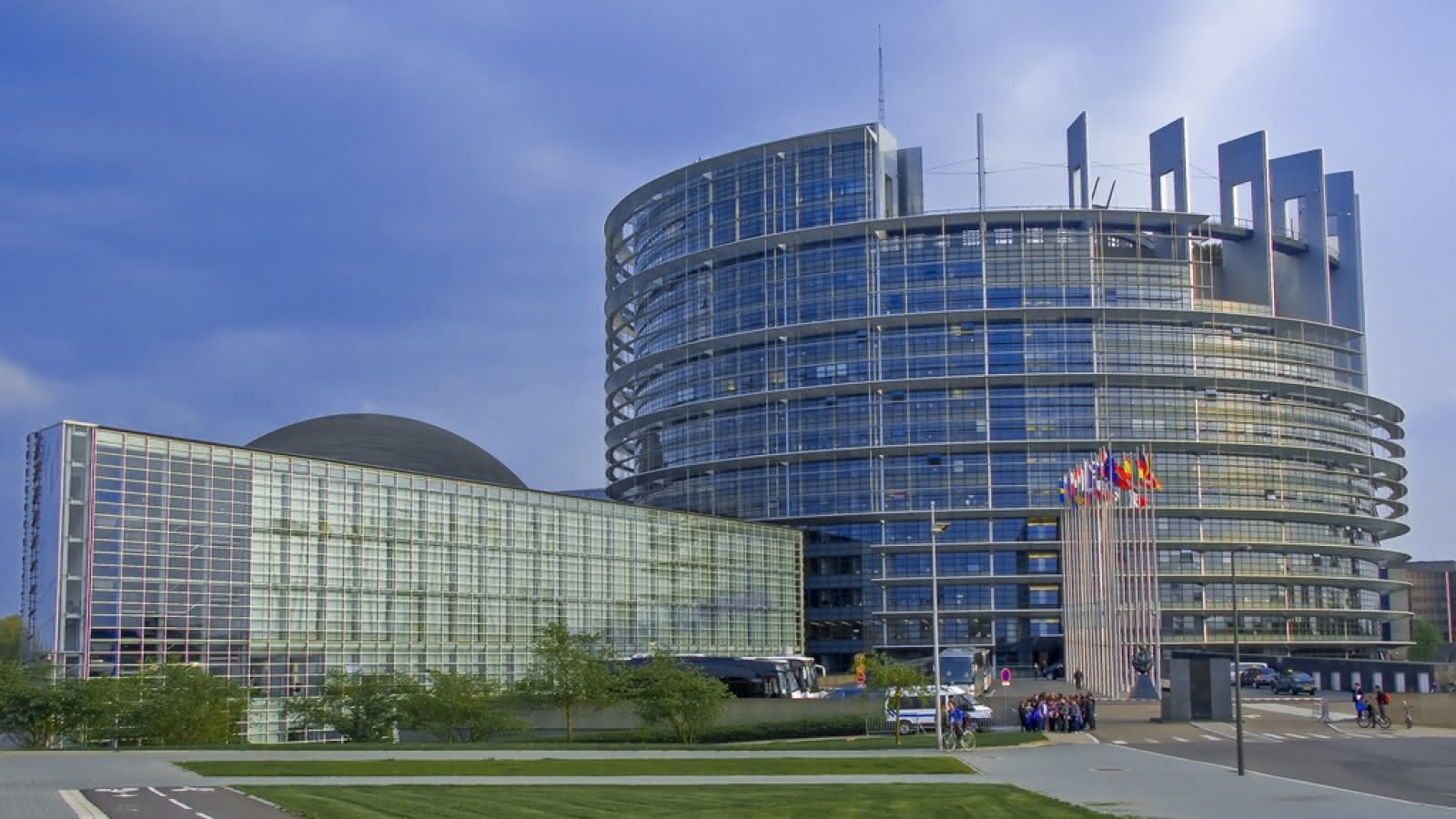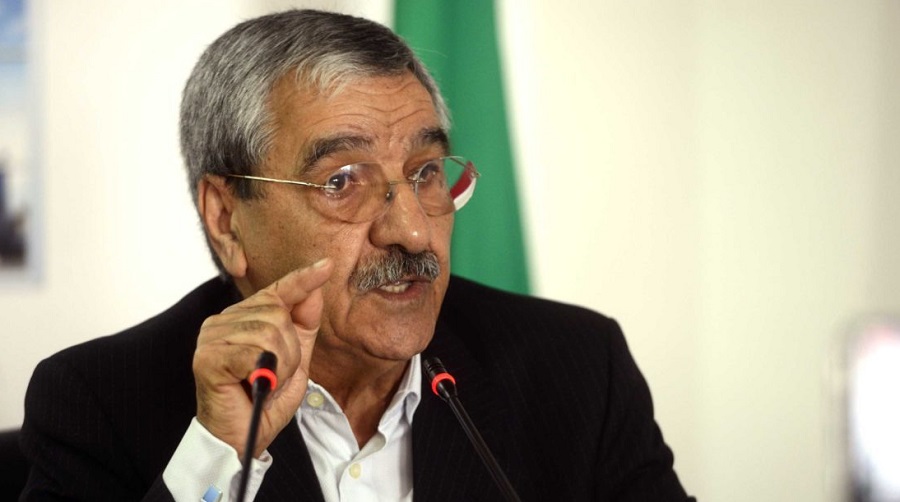Algeria’s newly elected government suffers from scant legitimacy as pro-democracy Hirak continues its pressure, which has been ongoing for a year in favor of a genuine change.
Meanwhile, the Algerian regime is seeking desperately to make its voice heard in its immediate neighborhood to no avail as it comes to terms to the reality that its diplomatic influence is intricately linked to the price of oil revenues, which have dwindled in recent years.
Faithful to obsolete cold-war era rhetoric, Algeria has depicted itself since independence as a North Africa’s linchpin using oil mantra to buy support for causes including separatism in Western Sahara while seeking to contain Morocco.
The Arab Spring took the country by surprise bringing regime change in Tunisia and Libya while Morocco surfed safely on the wave through a constitutional reform. Algeria instead opted for oil money handout via wage hikes and a generous subsidies policy that is now backfiring.
After a year of pro-democracy protests, the ruling elites, known as le pouvoir, pushed forward a co-opted elite recycled from old regime figures promising to break away with Bouteflika era.
So far, no real policy shift has been introduced by the newly appointed and highly contested government a part from promises to end dependence on oil, which would require money that Algeria has squandered.
Meanwhile, the regime is trying to sell diplomatic roles in the region as victorious to whitewash itself to a disenchanted youth fed up with cold-war era slogans.
Few weeks after it was installed, the new Algerian government geared attention to Libya where insecurity spillover cost the country a devastating and humiliating attack on one of its key oil fields in Ain Amenas in 2013 leaving 40 workers dead.
As Libyan civil war becomes internationalized with the UN-recognized government in Tripoli allied to Turkey and Qatar and the east-based rival government backed by the UAE, Egypt and Russia, Algeria should earmark more resources to secure its western borders. Meanwhile it hosted a meeting of the countries bordering Libya, which ended in no deal as conferences on Libya multiply.
International observers consider that Algeria is too busy handling its domestic unrest issues and economic red lights making any mediation in Libya a burden that it can’t afford to carry.
“Arguably Tebboune’s greater challenge is the resurrection of the Algerian economy, a task not aided by low oil prices. His Prime Minister, Abdelaziz Djerad, has described the health of the economy as “delicate,” noting that public debt has risen from 26% of GDP to 45% in the past two years,” according to an analysis by Bobby Ghosh on Bloomberg.
“Djerad may be right that all this is the “disastrous legacy” of Bouteflika, but undoing the damage will be doubly difficult as oil prices remain stubbornly low.
Hydrocarbon revenues of $30 billion in the first 11 months of 2019 represented a 14.5% drop from the same period a year earlier. Foreign exchange reserves fell by $10.6 billion in the last nine months. Deep cuts in spending are unlikely: Djerad can’t touch subsidies for foodstuffs, fuel and medicine to avoid social unrest for fear of setting off another spasm of protests.”




